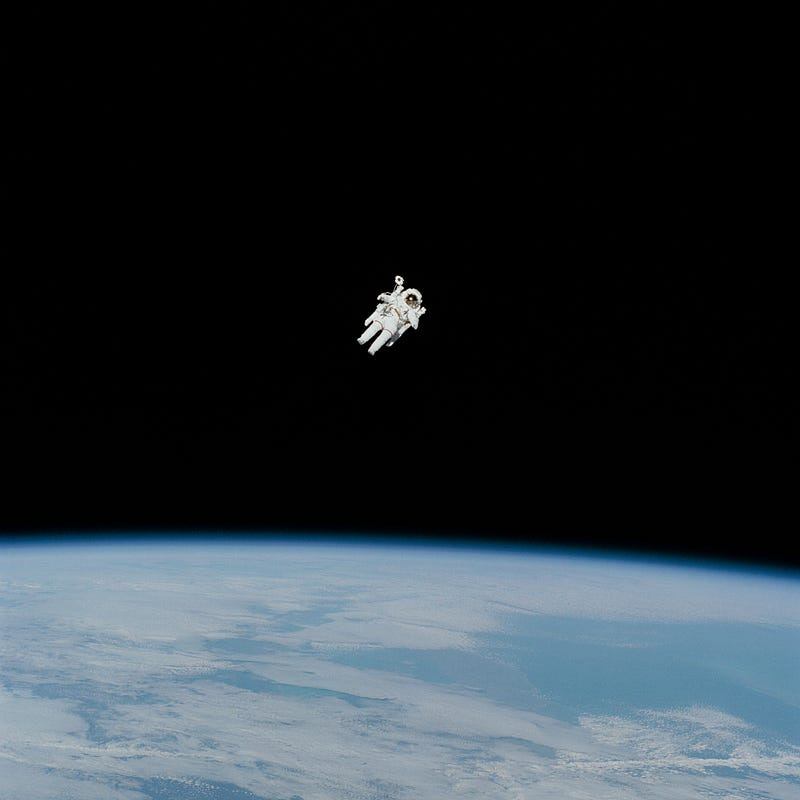
There are a million and one ways to look at the world around us and feel small. Turning our attention toward the sky, that million and one expands into an infinity full of reasons to feel utterly inconsequential.
But it’s rare that we look at the raw numbers of the universe and find reasons to feel large.
It’s true that this plane…
Keep reading with a 7-day free trial
Subscribe to The Gen Z Report to keep reading this post and get 7 days of free access to the full post archives.

